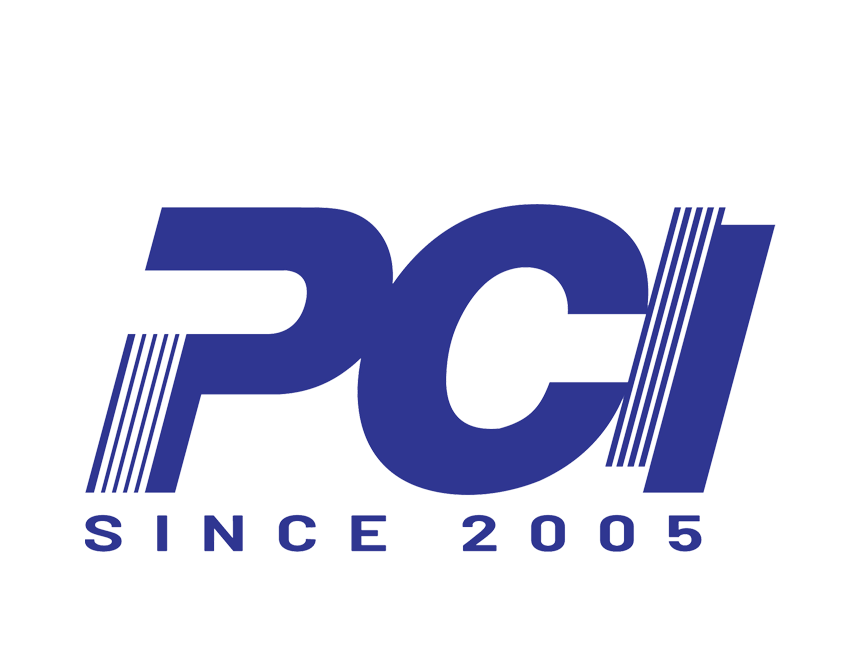Sharing good practices of provincial economic governance in the central highlands
May 24, 2019
On the 22nd of May 2019, Vietnam Chamber of Commerce and Industry (VCCI) cooperated with Gia Lai Provincial People’s Committee to organize a workshop on “Sharing good practices of provincial economic governance and experiences in buidling the District and Departmental level Competitiveness Index (DDCI) for the Central Highlands”.
The workshop aimed at analyzing in details the limitations and difficulties of the Central Highlands provinces in improving their PCI scores; at the same time providing a platform for provinces with high PCI scores to share about their good practices in enhancing provincial economic governance as well as their experiences in building and employing the DDCI for the Highlands provinces to learn and apply based on their practical conditions..
In recent years, the Central Highlands economy has achieved many positive results, focusing on the development of a number of important domains. However, the region’s growth is still modest as compared to other regions in the country. As of May 2018, the Central Highlands has about 15,000 enterprises, accounting for just 3% of the total number of enterprises in the nation. The region’s business density is also small (25 enterprises / 10,000 people) as compared to the national average of 60 enterprises per 10,000 people. The flow of FDI into the region is still very limited: there are only 144 FDI registered companies, with total registered capital of only 0.9 billion USD. The 2018 PCI results show that besides Lam Dong province which stands in the upper half of the 2018 PCI ranking, the remaining 4 provinces (Kon Tum, Gia Lai, Dak Lak, Dak Nong) all lie in the lower half, with the lowest average PCI scores in the country (61.63 points). The percentage of firms claiming that the
Sharing at the seminar, delegates from Hanoi, Quang Ninh, and Thua Thien – Hue provided several suggestions on how to improve the provincial business environment, focusing on improving businesses’ confidence in the authorities, enhancing business support services, applying technology in managing, receiving and processing information, etc.
With regards to integrating information technology in managing economic activities, Thua Thien – Hue province has created Green Sunday – an online management team that operates 24/7, providing assistance on various issues of the city; or Hue S, an online application which consists of many interactive groups to support “smart urban”. As a result, citizens can easily access and provide feedback for provincial agencies to handle any problem that arises in a timely manner.
On another note, with about 263,000 enterprises, 97% of which are small and medium enterprises (SME), Hanoi has actively implemented many policies and initiatives to facilitate the development of SME in the city, such as simplifying investment-related administrative procedures, creating an open and conducive environment for business growth, etc. “As a result, Hanoi came in 5th in terms of business support services subindex in her 2018 PCI score, bringing the city into Top 10 of overall PCI ranking for the first time (#9 nationwide)”, said Mr. Le Van Quan, Director of the Center for SME Support, Hanoi Department for Planning and Investment.
At the workshop, delegates also discussed the role of business community and the government at all levels in developing the DDCI, as well as their experiences in implementing and applying DDCI in their respective localities. The goal of DDCI is to build the image of a friendly government; support district and departmental level leaders to improve their system, performance and stimulate a healthy competition between departments, branches, districts and towns in improving the satisfaction of investors and local businesses. The DDCI has currently been implemented in 28 provinces and cities across the country, but none yet in the Central Highlands region.
In addition, delegates from Quang Ninh, Tuyen Quang and Da Nang city shared their good practices in developing and releasing DDCI. Ms. Vu Thi Kim Chi, Deputy Head of Quang Ninh Investment and Promotion Agency, said that the DDCI will improve the quality of economic governance at the grassroots level by amplifying the voice of the business community. The pressure from the businesses community forces provincial government to improve their performance.
Representatives from 5 provinces in the Central Highlands expressed that it is still difficult to improve the subindices of both the PCI and DDCI indicators in this area, as businesses rarely provide feedback to local authorities and are not very responsive in answering surveys. Leaders from the Central Highlands provinces highly appreciated the importance of the DDCI and promised to participate in the construction of this set of indicators in the near future (Kon Tum and Gia Lai provinces already have plans for implementation).
Mr. Dau Anh Tuan, Head of the Legal Department of VCCI cum Director of the PCI Project, said that the Central Highlands differs greatly from other regions in terms of its geography and resources, but that should not hinder economic development in this region. “The Central Highlands provinces need to be more proactive in developing and implementing initiatives to improve their business environment in the coming years, hold regular meetings and dialogues with businesses at various levels to understand their difficulties and create appropriate supporting policies”, Mr. Dau Anh Tuan recommended.
PCI Research Team


 Tiếng Việt
Tiếng Việt